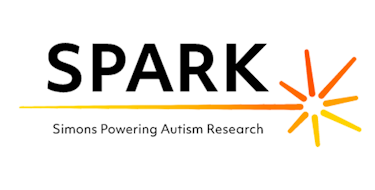
SFARI's mission is to advance the basic science of autism and related neurodevelopmental disorders.

News
Subscribe to our newsletter and receive SFARI funding announcements and news



Funding Opportunities
We solicit applications for SFARI Awards from individuals who will conduct bold, imaginative, rigorous and relevant research in four main research areas: gene discovery, molecular mechanisms, circuits, cognition and behavior, and clinical.
Since its launch in 2006, SFARI has supported over 550 investigators studying autism-related research in the U.S. and abroad. Research projects include studies at the genetic, molecular, cellular, circuit and behavioral levels, in addition to clinical and translational studies.
Research Highlights

Two studies by different research groups — one led by Flora Vaccarino and the other by Juergen Knoblich — used brain organoids derived from pluripotent stem cells of people with autism and showed how transcriptional alterations affecting certain cell types during human brain development could contribute to the early emergence of ASD.

In a mouse model of fragile X syndrome, Emily Osterweil and her colleagues show that excessive protein synthesis drives a pathological compensatory rise in protein degradation (by the ubiquitin proteasome system), which can be targeted to correct various phenotypes including audiogenic seizures.

A study by Caroline Robertson and her colleagues found that reduced social attention was not a static omnipresent characteristic of autism; rather, it was magnified only under certain real-world conditions where sensory processing demands were high.
Event Videos
View all events →
Read More
Read More
Read More
Read More



